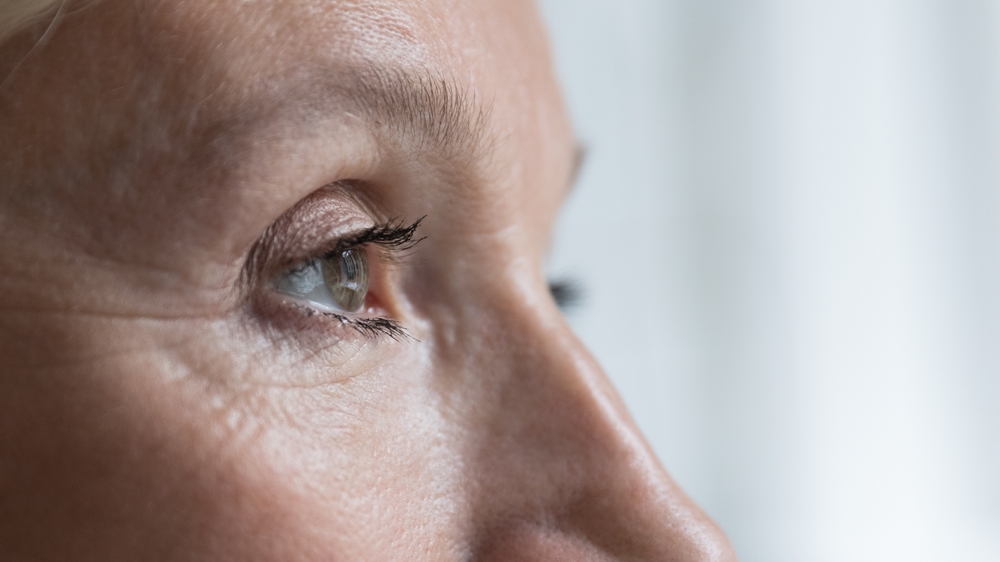
As we age, our bodies inevitably experience changes, and our eyes are no exception. One of the common conditions that impact our vision as we get older is macular degeneration. It is a prevalent eye disorder among people aged 60 and above, and it's time we shed light on this condition, raising awareness and understanding.
What is Macular Degeneration?
Macular degeneration is an eye disorder that blurs or reduces your central vision, which is necessary for sharp, clear vision needed for activities like reading, recognizing faces, and driving. This condition affects the macula, the part of the eye responsible for central vision.
There are two types of macular degeneration: dry and wet. The dry form is more common and involves the thinning of the macula. The wet form is less common and more severe, caused by leaking blood vessels under the retina. It's crucial to understand that macular degeneration is a progressive disease, which means it worsens over time, and early detection is vital for managing the condition effectively.
Symptoms and Causes of Macular Degeneration
The symptoms of macular degeneration often go unnoticed in the early stages as they gradually develop. They may include blurriness, dark areas in your central vision, or changes in color perception. One notable symptom is the distortion of straight lines, which may appear bent. However, it's important to note that these symptoms do not automatically mean you have macular degeneration, but they should prompt a visit to an eye specialist.
The exact cause of macular degeneration is not known, but several risk factors have been identified. These include age, genetics, smoking, and certain health conditions like obesity and cardiovascular diseases. A diet low in fruits and vegetables, which are high in antioxidants, may also increase the risk.
How We Can Help You Diagnose Macular Degeneration
Diagnosing macular degeneration early is crucial for managing the condition and slowing down vision loss. This is where we come in. With our highly skilled doctors and advanced diagnostic tools, we can help detect signs of macular degeneration during a comprehensive eye exam.
Our examination includes a visual acuity test to measure how well you see at distances, a dilated eye exam to check the retina and optic nerve for any signs of damage, and an Amsler grid test to detect any distortions or changes in your central vision. We may also conduct an Optical Coherence Tomography (OCT) to obtain detailed images of the retina, aiding further in the diagnosis.
Treatment Options for Macular Degeneration
While there is currently no cure for macular degeneration, there are treatment options available to slow its progression and lessen the severity of symptoms. The treatment largely depends on the type of macular degeneration. For the dry type, lifestyle changes such as quitting smoking, maintaining a healthy weight, and including fruits and vegetables rich in antioxidants in your diet can help.
For wet macular degeneration, treatments aim to stop the growth of abnormal blood vessels. These may include medications, laser therapy, or photodynamic therapy. Our optometrist can guide you through these treatment options, helping you make an informed decision that best suits your condition and lifestyle.
Take Steps to Protect Your Eye Health Today
Macular degeneration is a serious eye condition that requires our attention. Understanding what is macular degeneration, its symptoms, causes, types, and treatment options is the first step towards proactive vision health. Early detection is crucial, and that's where we can help. Our team is here to support you, providing comprehensive eye exams and discussing treatment options that best suit you. It's our mission to help preserve your vision and improve your quality of life.
To learn more about macular degeneration and how we can help, visit Primary Vision Care at our offices in Newark, Waynesville, Lancaster, Mount Vernon, or Wilmington, Ohio. Call (740) 299-1155, (513) 897-2211, (740) 654-9909, (740) 393-6010, or (937) 382-4933 to schedule an appointment today.







